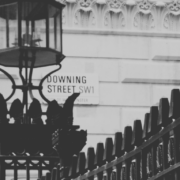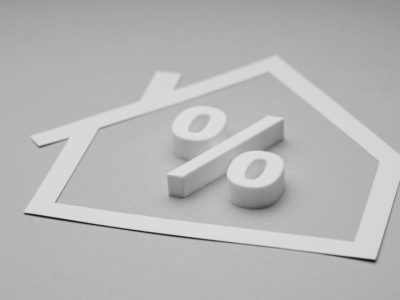It is not often in recent times that I have had something particularly positive to say for landlords.
Many things have changed since Boris Johnson succeeded Theresa May as prime minister but, while the Johnson government has reversed many of the things done under her and David Cameron, for example by raising corporation tax, it has not undone the tax changes George Osborne inflicted on landlords.
It could have been worse.
The run-up to last month’s Budget was full of speculation that Rishi Sunak would follow the advice of the Office of Tax Simplification and equalise the tax treatment of income and capital gains.
It did not happen, and there was little hint of it later in the month on what the Treasury had dubbed “Tax Day”, which set out some reform ideas.
There was nothing of note on capital gains tax, however, though there was a toughening of the tax rules on holiday lets.
This was a dog that did not bark.
Capital gains are still available to landlords at previous rates and a rising market means that those gains are increasing.
The latest e.surv Acadata house price index, for March, showed an annual rise in prices of 9.8%, or 12.5% excluding London.
The strongest annual gains were in the South West, a hefty 14.8 per cent, followed by the North West, 12.6%, and the East Midlands, 11.8%, but even Greater London picked up to 3.7%.
An interesting exercise by Hamptons, to accompany its latest monthly lettings index, showed two things.
The first was that the pace of the sell-off by landlords, in part triggered by those Osborne tax changes, has slowed.
It found that 131,900 properties were sold by landlords last year, which was the smallest annual figure since 2013.
The highest proportion of previously rented properties sold was in the North East, where landlord sales accounted for 24% of all property sales.
In London the figure was 17%, down from 19% the previous year.
Of rented properties sold, 9% had been owned by a limited company landlord, with 12,400 such companies dissolved last year, the research found.
Three-quarters of buy-to-let companies operate for less than five years.
The other interesting finding from Hamptons was the average capital gain made by landlords.
The average landlord who sold up in England and Wales last year had owned their property for just over nine years and sold for £82,450, or 42%, more than they paid for it.
This compared with £79,060 in 2019 and was the first annual rise for five years.
Commenting on the findings, Aneisha Beveridge, head of research at Hamptons, said:
“Landlord sales have been relatively high over the last few years due to tax and regulatory changes that have reduced the profitability for some investors.”
“But given tax relief on mortgage interest will be fully phased out from the 20/21 tax year, it seems as though most landlords who would be hit hardest by these changes have already left the sector.”
“Over the last few years, the average capital gain made by a landlord has been shrinking.”
“But despite the pandemic, stronger house price growth seems to have reversed this trend.”
Unsurprisingly, despite the recent softness, the average capital gain made by landlords selling up was in London, £302,200 or 71%, having owned the property for just under 10 years.
The smallest was in the North East, £11,310 or 16%, after an average ownership period of eight years. More than a third, 36%, of landlords in the North East sold at a loss, compared with 12% across England and Wales as a whole.
There is an element of swings and roundabouts in this respect at the moment.
The London advantage has gone when it comes to rents, if not capital gains.
Hamptons found that average rents in March were up by 4.4% on a year earlier, or 6.5% excluding London, where they were down by 2.1%.
Home.co.uk, in its latest research, reported:
“Outside of London, rents continue to rise rapidly in most of the regions due to scarcity.”
“Given the current demand for rental property in the regions we do not expect supply to rise to meet demand in the near term, nor for demand to fall away.”
“Rents will continue to inflate and this will support further sales price increases going forward, as attractive yields entice investors.”
Things are looking up.
























These findings do not paint a true picture of the buy to let market. The reason the sale of buy to let properties has not been high is due to the fact that there are very few evictions taking place following emergency legislation brought in because of COVID. As soon as the courts open and landlords can evict their tenants there is going to be a flood of landlords wanting to sell.
I am an Enfield based estate agent and I know from the feedback I am getting this will be the case. The government has gone too hard on taxing landlords and ultimately it will be tenants which will pay the price as landlords leave the sector in their droves.